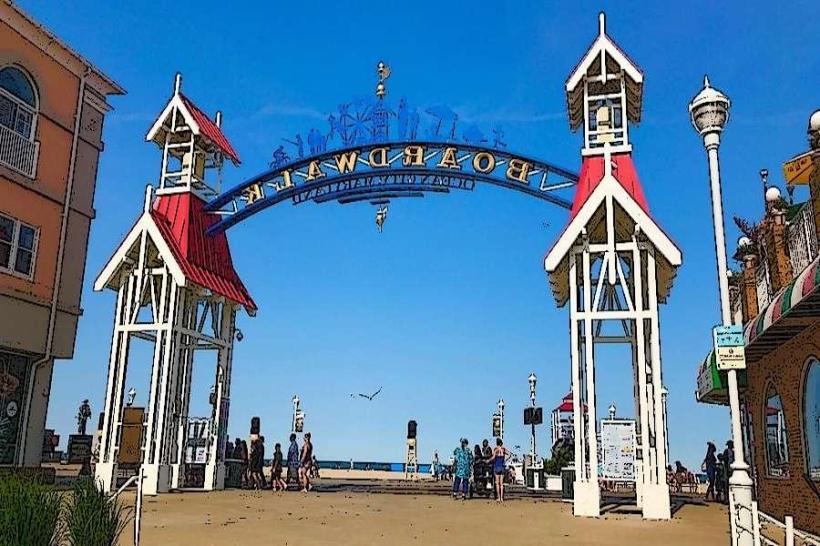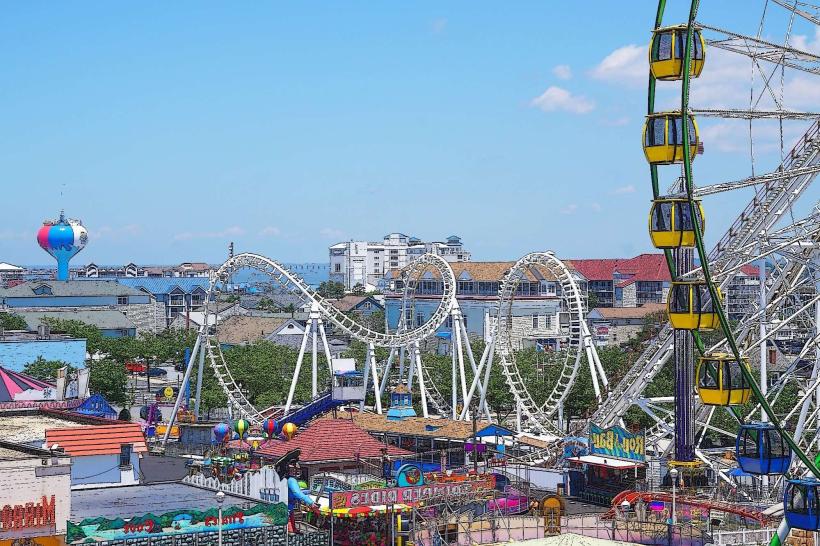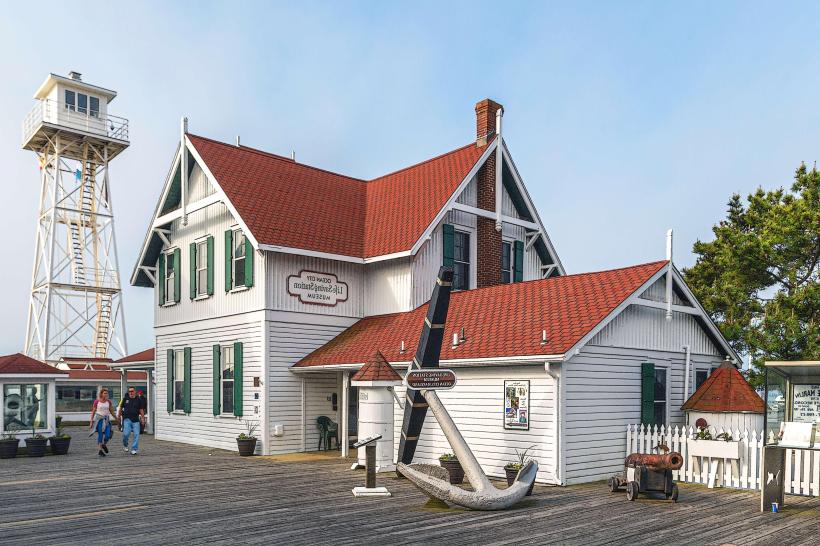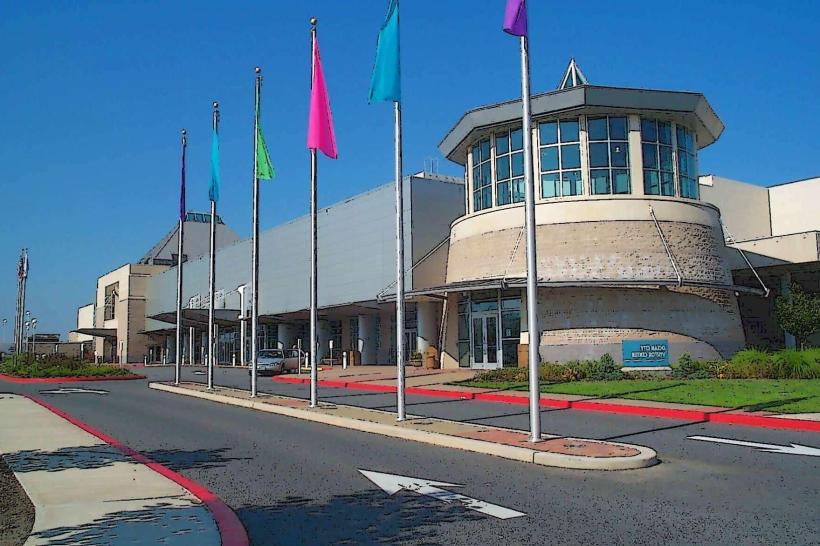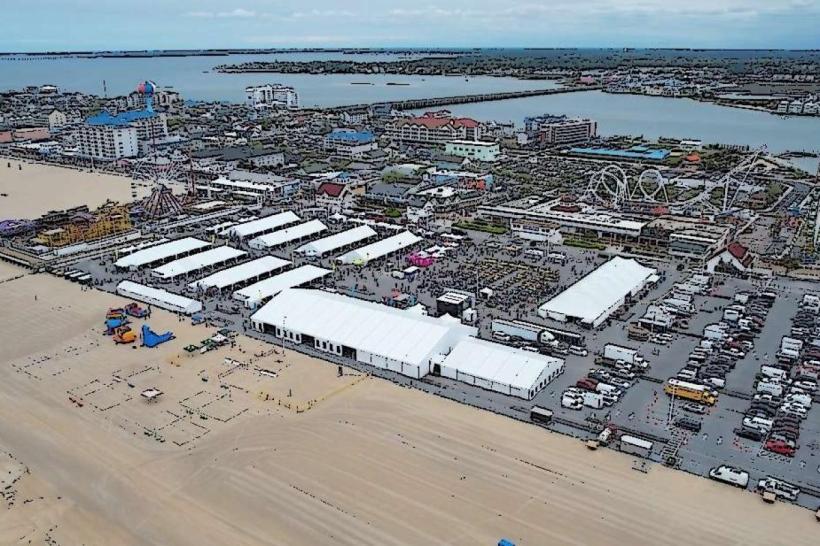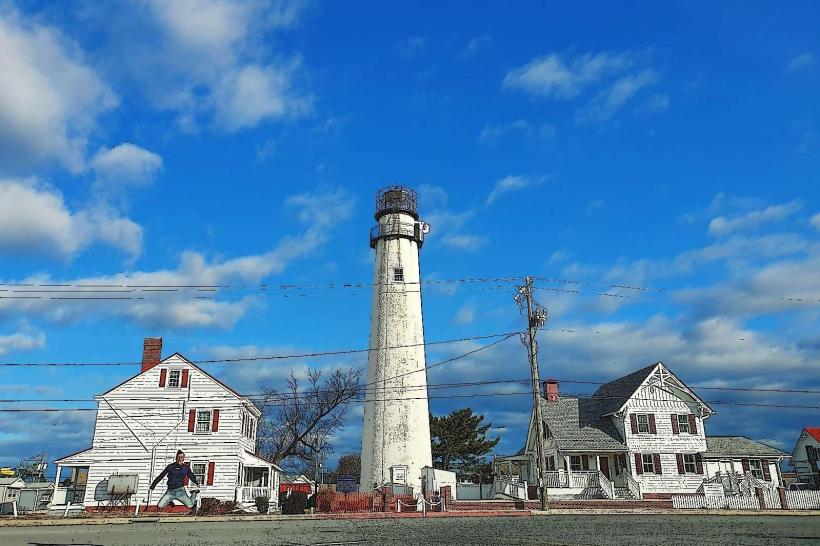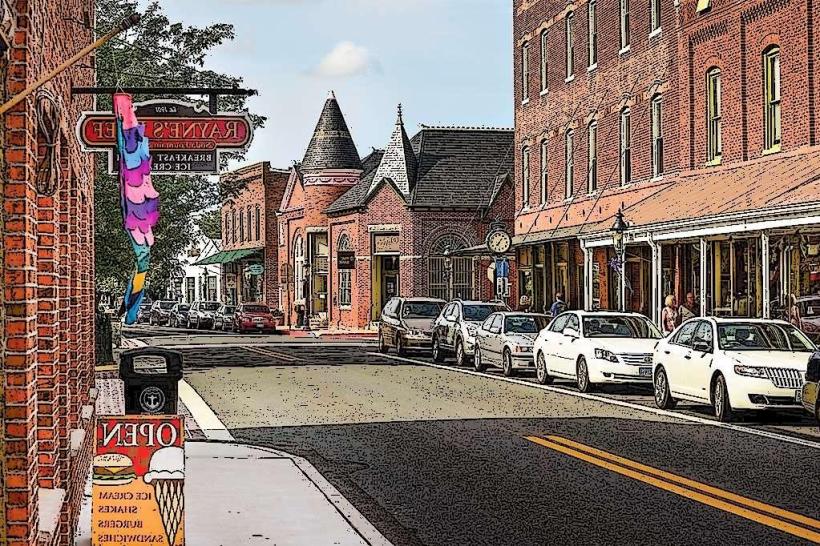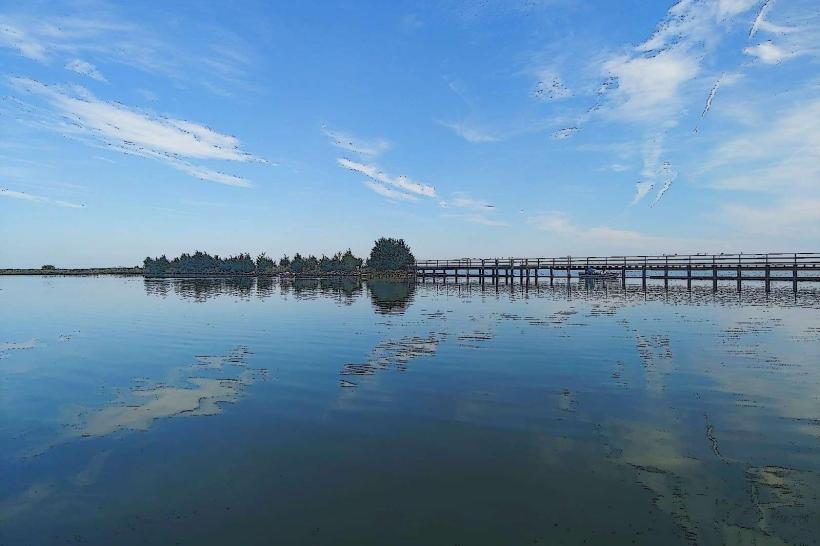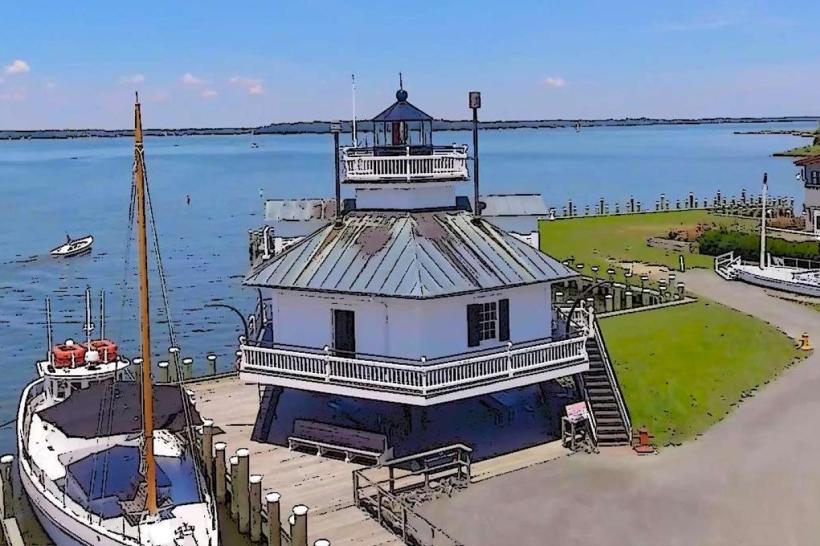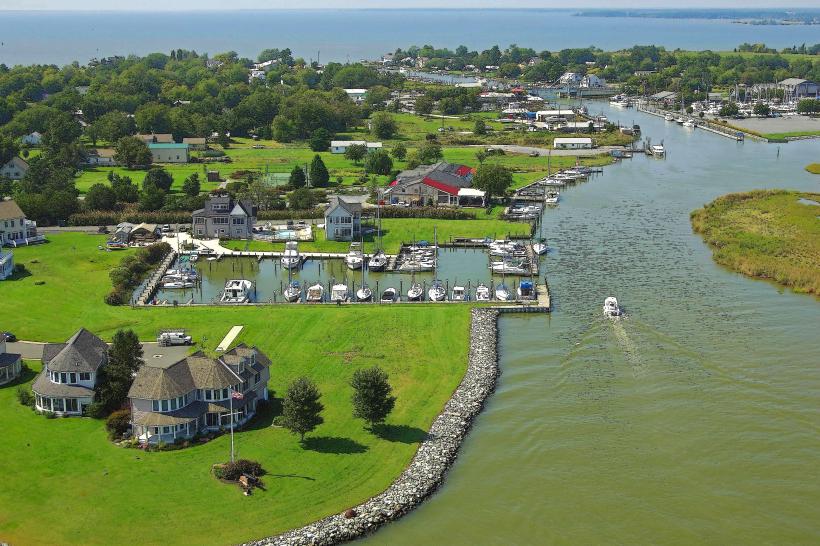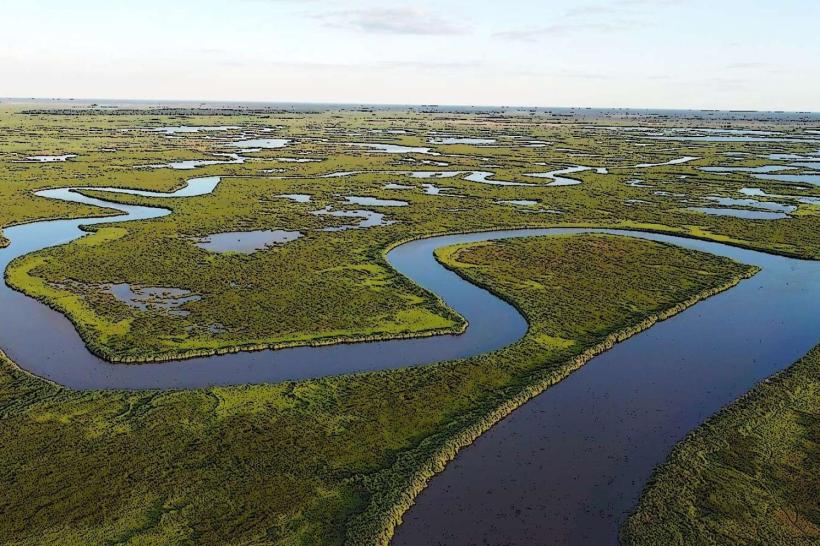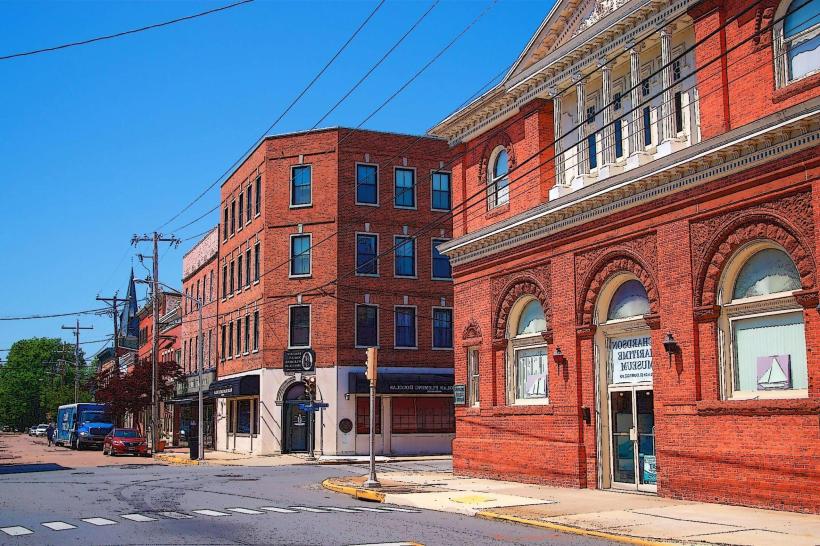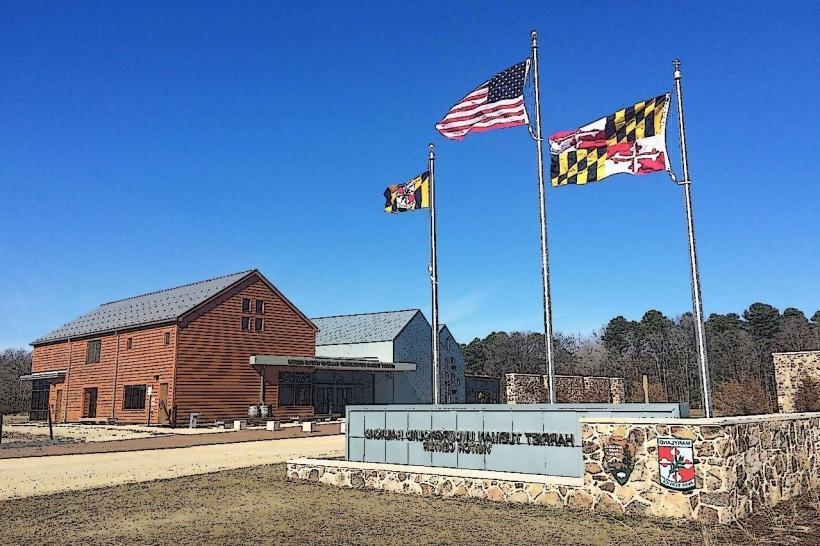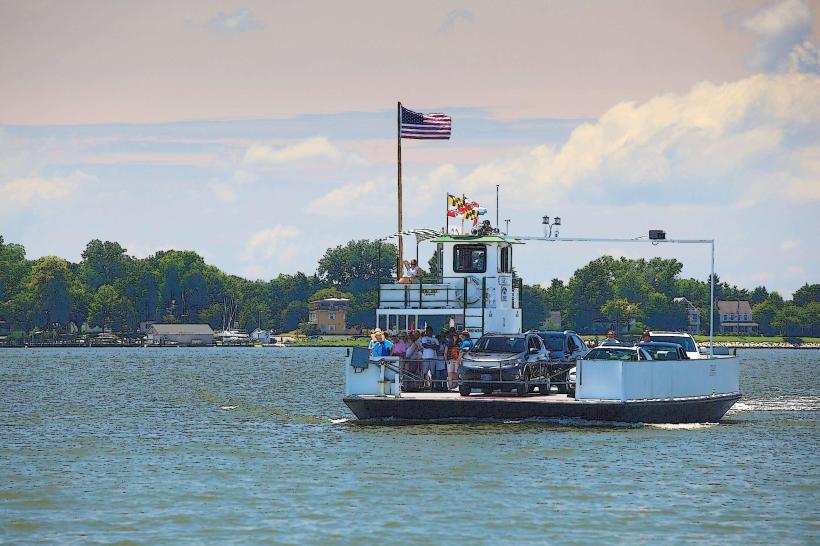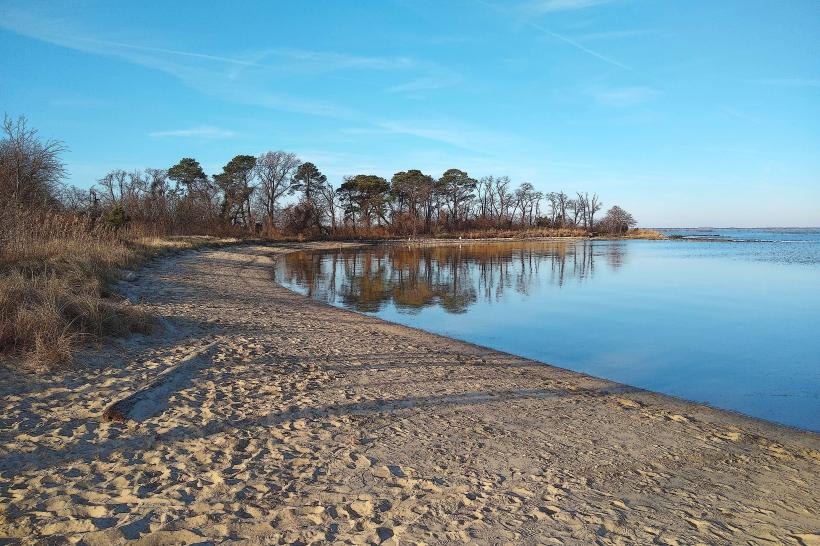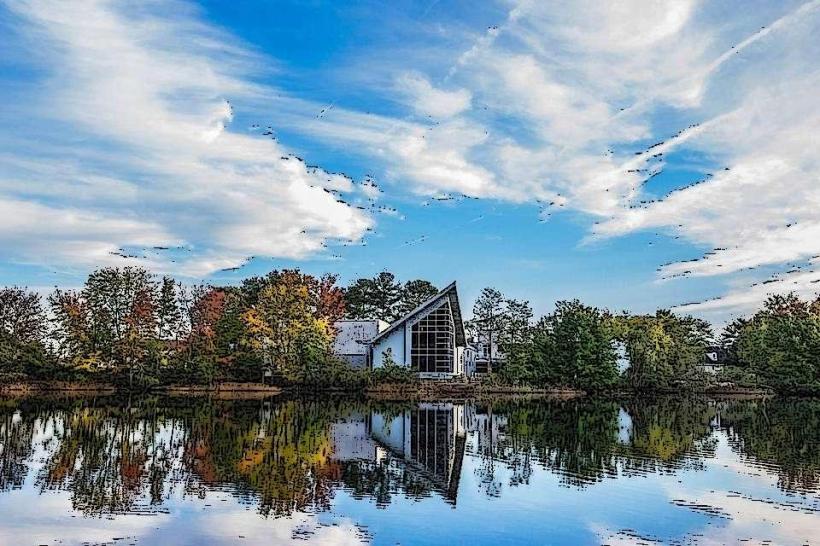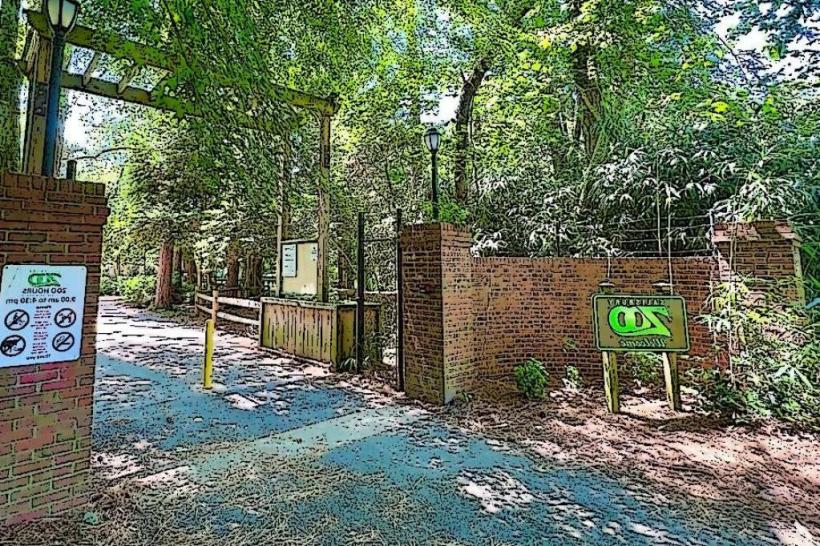Information
Landmark: Pemberton Historical ParkCity: Ocean City
Country: USA Maryland
Continent: North America
Pemberton Historical Park, Ocean City, USA Maryland, North America
Pemberton Historical Park is a 262-acre public park located in Salisbury, Maryland, that uniquely combines natural beauty with rich historical significance. Established in the 1980s, the park centers around Pemberton Hall, an 18th-century plantation home built in 1741 by Colonel Isaac Handy. The park functions both as a living history museum and a nature preserve, offering visitors a multifaceted experience that includes exploring colonial history alongside diverse ecosystems native to Maryland’s Eastern Shore.
Historical Significance and Features
The highlight of the park is Pemberton Hall, the only original 18th-century house open to the public on the lower Eastern Shore. This well-preserved Georgian-style plantation house has been meticulously restored to reflect its colonial-era appearance, offering a rare and tangible glimpse into the lifestyle and architecture of Maryland’s colonial period.
During the American Civil War, the Hall was inhabited by Allison Parsons, a Confederate sympathizer known for his act of defiance against Union troops. Upon hearing of a Confederate victory, Parsons fired a cannon from the property. To protect it from confiscation, he later buried the cannon on the grounds. This story exemplifies the park's deep-rooted historical narrative tied to the region’s complex past.
Within the park’s boundaries lies the site of Mulberry’s Landing Wharf, a submerged wharf dating back to 1747. This archaeological find is recognized as the oldest documented bulkhead wharf in the United States, providing further evidence of the area's colonial-era maritime activity and trade significance.
Natural Environment and Ecosystems
Pemberton Historical Park is also an important natural habitat, encompassing a wide range of ecosystems across its 262 acres:
Wetlands and Ponds: The park features both tidal and freshwater wetlands along with several ponds. These aquatic environments serve as critical habitats for local wildlife, including various bird species, amphibians, and aquatic plants. These wetlands also play a vital ecological role by naturally filtering pollutants before they reach the Chesapeake Bay, contributing to water quality preservation in the region.
Forests and Meadows: The park contains upland pine and hardwood forests, as well as open meadows. These areas support diverse fauna, especially migratory and resident birds, small mammals, and insects. The meadows bloom with native wildflowers seasonally, adding to the park’s biodiversity and aesthetic appeal.
Trails: Pemberton offers approximately 4.5 miles of well-maintained nature trails that traverse its different habitats. Key trails include:
The History Trail, which provides interpretive signage about the park's cultural and colonial heritage.
The Wetland Walk, a boardwalk path that allows visitors to experience the wetland environment up close without disturbing sensitive areas.
The Osprey Trail, named after the local osprey population, highlights birdwatching opportunities.
These trails give visitors immersive access to the park’s natural beauty while promoting environmental education.
Amenities and Visitor Experience
The park is equipped with several amenities designed to enhance visitor comfort and engagement:
A Nature Center operates on weekends, featuring exhibits about local wildlife. It houses several “animal ambassadors” such as a corn snake, milk snake, green anoles, and a Russian tortoise, offering educational encounters with native and regional fauna.
Picnic Areas and Grills are scattered throughout the park, enabling families and groups to enjoy outdoor meals in scenic settings.
Fishing is permitted on a catch-and-release basis in the park’s freshwater ponds, attracting anglers who enjoy tranquil surroundings.
Public Restrooms are available, providing basic conveniences.
Throughout the year, the park hosts various environmental education programs and special events focused on conservation, history, and community engagement.
Visitor Information and Accessibility
The park is open daily from dawn to dusk, allowing ample time for hiking, exploring, and relaxation.
Guided tours of Pemberton Hall are available on Saturdays from noon to 2 p.m., running from May through October. Private tours can also be arranged by appointment, offering deeper insight into the colonial history and architecture of the estate.
Located at 5561 Plantation Lane, Salisbury, Maryland, the park is accessible by car with parking facilities onsite.
Admission to the park is free, making it an accessible destination for both locals and tourists.
Community and Educational Engagement
Pemberton Historical Park serves as a hub for environmental stewardship and historical education. Volunteer opportunities abound, including roles in event assistance, historic site maintenance, and environmental conservation efforts. School groups can arrange field trips with educational programming tailored to teaching local history and ecology, fostering early appreciation of natural and cultural heritage.
The park also hosts annual community events such as the Pemberton 24 (a 24-hour 5K run), the Good Beer Festival, and the Turkey Trek 5K on Thanksgiving, further integrating the park into the local social and recreational fabric.
Summary
Pemberton Historical Park is a remarkable blend of natural landscapes and preserved colonial history. It offers visitors a peaceful retreat into nature through its wetlands, forests, and trails, while simultaneously providing an educational experience centered on the region’s 18th-century heritage. The restored Pemberton Hall, archaeological sites, and living nature exhibits make it an enriching destination for history buffs, nature lovers, families, and community members alike, serving as both a cultural landmark and a vital ecological preserve on Maryland’s Eastern Shore.

